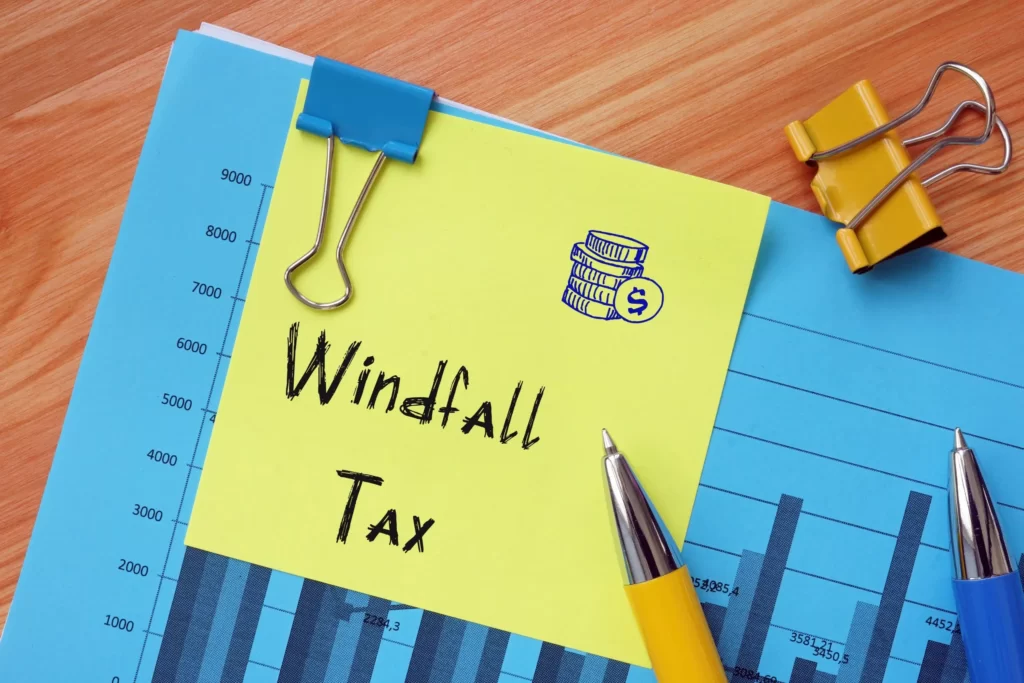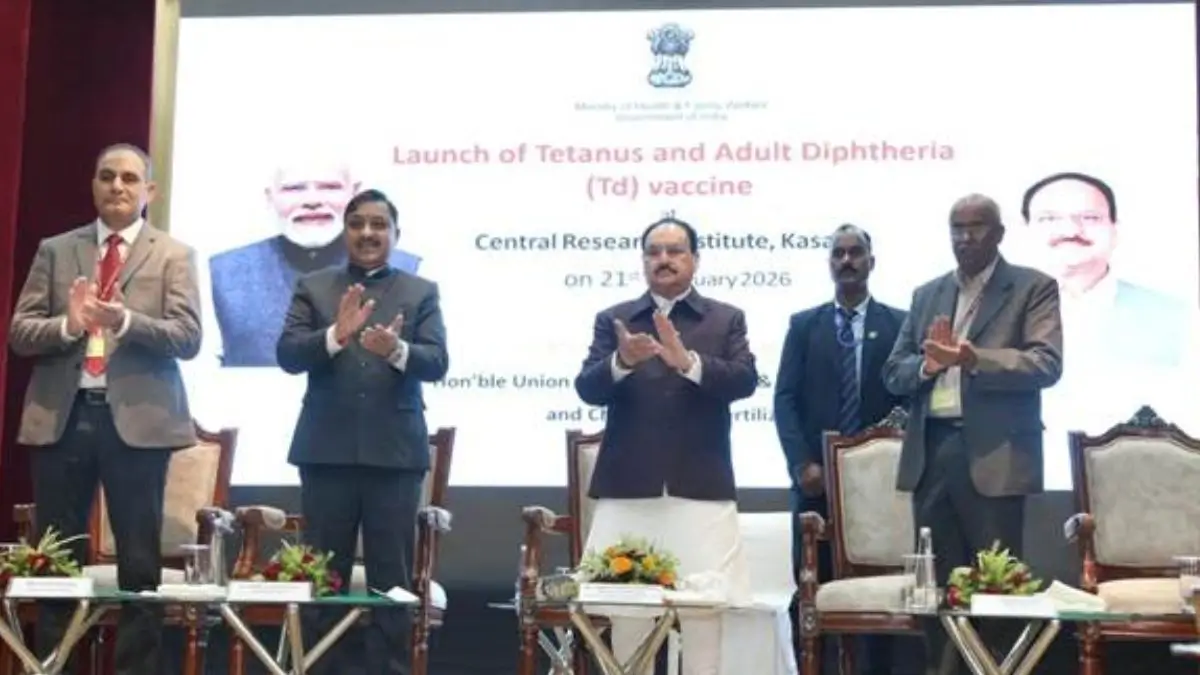Government Increases Windfall Tax on Crude Petroleum
In a significant move aimed at boosting revenue and ensuring a fair share of profits from the petroleum sector, the Indian government has recently announced an increase in the windfall tax on crude petroleum. This development is poised to have a far-reaching impact, particularly in the context of government exams, as it pertains to several critical areas, including the Indian economy, taxation policies, and environmental concerns.

Why this News is Important
1. Revenue Generation for Economic Growth: The decision to increase the windfall tax on crude petroleum assumes paramount importance in the context of revenue generation. With the Indian economy striving to recover from the adverse effects of the COVID-19 pandemic, the government’s focus on enhancing revenue streams through the petroleum sector is instrumental.
2. Taxation Policy Reform: The news underscores the government’s commitment to reforming taxation policies, ensuring a fair and equitable distribution of profits from natural resources. Such reforms are crucial topics in government exams as they demonstrate the government’s efforts to enhance fiscal prudence.
Historical Context
To understand the significance of this decision, we must consider the historical context. Over the years, India has witnessed fluctuations in its crude oil prices due to various global factors, impacting the country’s fiscal health. The government has historically relied on taxes from petroleum products to bolster its finances. This history serves as a backdrop to the recent decision to increase the windfall tax.
Key Takeaways from “Government Increases Windfall Tax on Crude Petroleum”
| Serial Number | Key Takeaway |
|---|---|
| 1 | The Indian government has raised the windfall tax on crude petroleum, aiming to boost revenue. |
| 2 | This decision is part of broader taxation policy reforms, emphasizing equitable profit distribution. |
| 3 | It aligns with environmental goals by encouraging the use of alternative energy sources. |
| 4 | This move has international implications, showcasing India’s commitment to responsible resource management. |
| 5 | Historical fluctuations in crude oil prices have contributed to the need for such taxation policy reforms. |
Important FAQs for Students from this News
What is a windfall tax on crude petroleum?
A windfall tax is a tax imposed on unexpected profits arising from the sudden increase in the price of crude petroleum. It is aimed at capturing excess profits.
How will the increase in windfall tax impact the petroleum sector?
The increase in the windfall tax will lead to higher taxation for oil companies, potentially reducing their profits and affecting the overall investment in the sector.
Why is the government focusing on revenue generation from the petroleum sector?
The government aims to bolster its finances, especially in the wake of economic challenges posed by the COVID-19 pandemic. Revenue from the petroleum sector plays a crucial role in achieving this goal.
How does this decision relate to environmental concerns?
By imposing a higher tax on crude petroleum, the government aims to discourage its use and promote alternative and cleaner energy sources, aligning with environmental goals.
What are the international implications of this move?
This decision showcases India’s commitment to responsible resource management and aligning with global practices in the energy sector, which can have diplomatic and economic implications.
Some Important Current Affairs Links

















